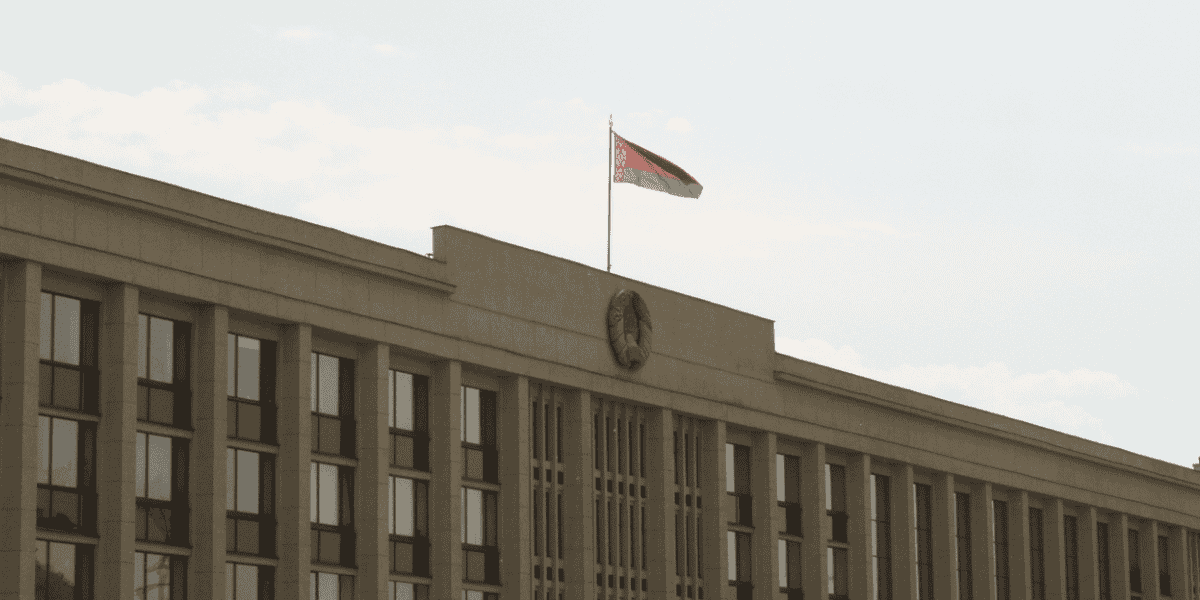On 20 December 2021 the IMF released a report following the third review under Jordan’s extended arrangement.
The report noted that Jordan has remained on course with the reform program supported by the IMF, with macroeconomic stability maintained while an economic recovery can begin. The vaccine program and supportive government policies have created the conditions for the recovery, however unemployment remains high for young people and women. Adjusted targets for 2022 take into account the need for more room for priority public investment, social protection and job retention, while continuing to rebuild fiscal buffers.
It is of critical importance to proceed with legislative reforms to widen the tax base and eliminate opportunities for tax avoidance, while making the public finances more transparent. In relation to the anti-money laundering and combating the financing of terrorism (AML/CFT) legislation, Jordan remains committing to rectifying deficiencies in the system that have been pointed out by the financial action task force (FATF).
Economic growth will depend on further progress on the reforms to increase labour force participation by young and female workers; increase the flexibility of the labour market; facilitate competition; lower the costs of doing business; and reinforce governance and transparency.
The government is preparing to commence the electricity tariff reform that aims to reduce high business tariffs for the electricity provider in a way that is revenue neutral. The government also aims to reduce the effect of climate change on the water shortage.














